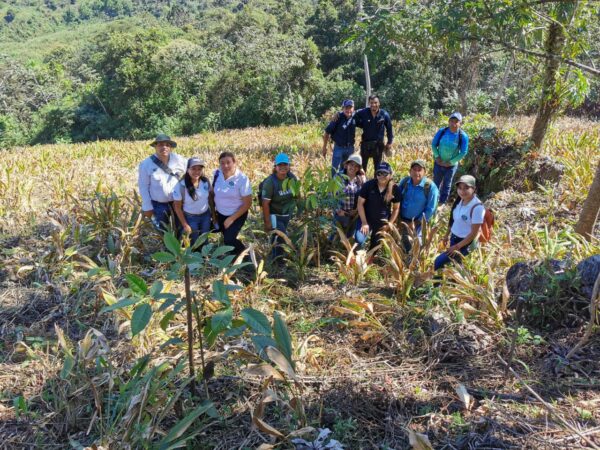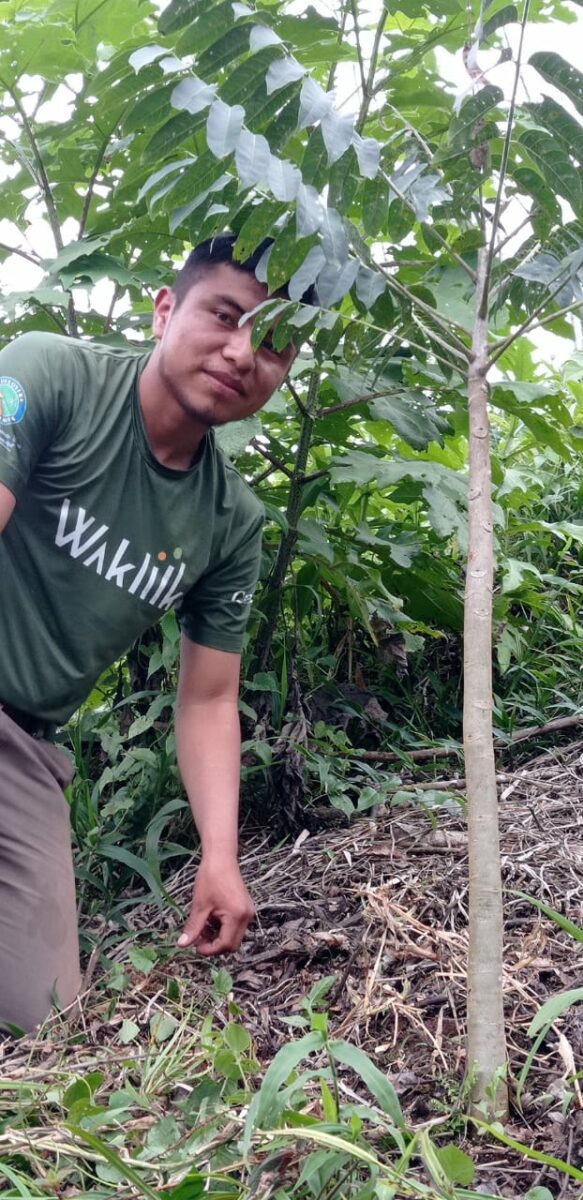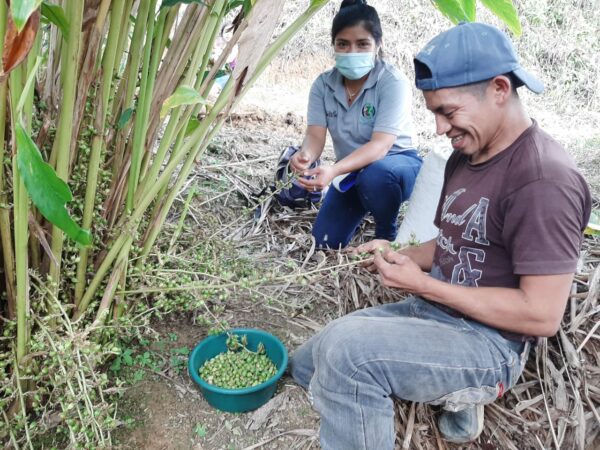Family caravans traveling 4,000 kilometers. Young people in search of hope, far from home. And then, the wall at the southern border of the United States. These images repeatedly looped on television reflect very real needs in Central America, namely for safety, decent employment and sustainable access to resources.
Guatemala is a highly inegalitarian country. But, young people and Indigenous women from the Q’eqchi ethnic group participating in the Wakliik (Growing) project, funded by Canada, have greater confidence in their own and their community’s future.

During the second year of the project, more than 1,800 members of 20 cooperatives —one made up of young people and one of women— each received 400 cardamom plants and 65 cedar and mahogany trees (noble species) planted on their quarter hectare.

“ In SOCODEVI Field Schools, I discovered the benefits of agroforestry systems. I learned how to work and maintain a patch of cardamom and my forest tree species. Cardamom will be a good source of income, and the trees, an investment for the future! ”
— Elmin Arnoldo Chamam Coc, 22, member of the Santa Monica R.L. co-op affiliated with FEDECOVERA.
Who says money doesn’t grow on trees?
Quick calculation: after 25 years, these trees are worth at least $1,000—the equivalent of 195 days of work for these participants. Each has an investment on their plot that will be worth at least CAD 65,000 (the equivalent of 35 years’ salary) in 25 years.
Mixing species on the plots also helps promote the production of organic cardamom, a rare and very commercially valuable commodity, as well as promoting climate resilience.
The training under the Wakliik project, the cooperative model and the affiliation with FEDECOVERA all facilitate the process of getting certifications, transforming crops into value-added products and accessing international markets.
For these young people and women, nothing is more satisfying than being able to reap the fruits of their efforts. Hope is the ultimate motivator.
